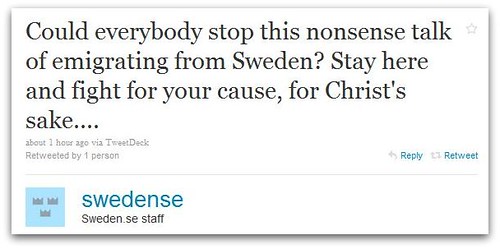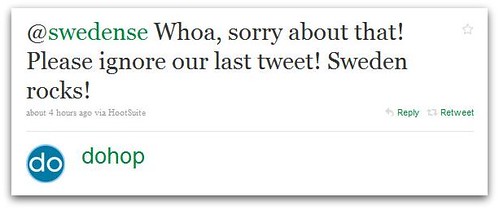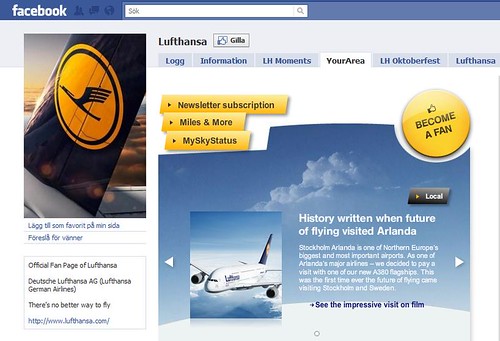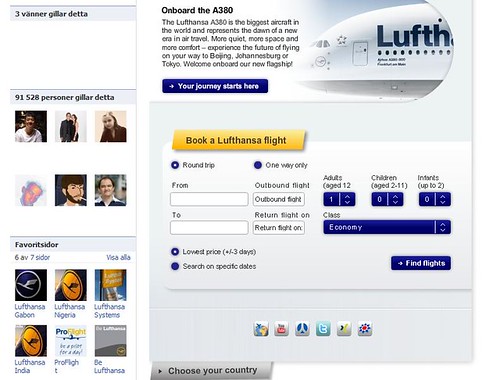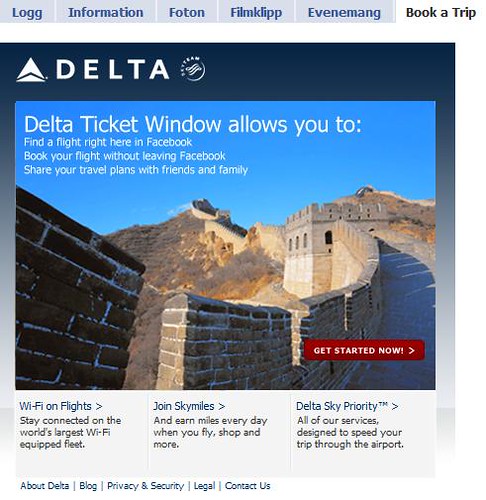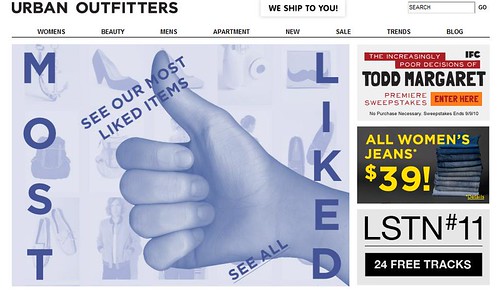Portuguese footballer Cristiano Ronaldo uses both Facebook and Twitter to connect with fans. His official fan page on Facebook just reached 20 million “likes”, which is an amazing number. His Twitter account has close to 1.8 million followers.
The Swedish footballer who is closest to Ronaldo’s star status is AC Milan striker Zlatan Ibrahimovic, but as I have blogged before, he is not active on Twitter. Apparently he and/or his agent don’t bother too much about protecting the “Ibra” brand online. By the looks of it, he is not in control of the domain name zlatanibrahimovic.com and he has left Twitter open to a range of imposters. So what about Facebook? Well, for starters, he has not grabbed the vanity URL www.facebook.com/zlatanibrahimovic. It belongs to one Aymen Ak. An official page is nowhere to be found.
As is often the case, fans take matters into their own hands and create “fan” pages. The largest one currently has 725,000 fans and a community page has more than 100,000.
I don’t know if Ibrahimovic is just not interested in talking to his fans, is satisfied with his current “level of stardom” or if he has the wrong advisors. Either way, I am convinced that he could strengthen his brand even further if he would start to engage just a little with his millions of fans through social media. Better to start now, than after the career has ended.



